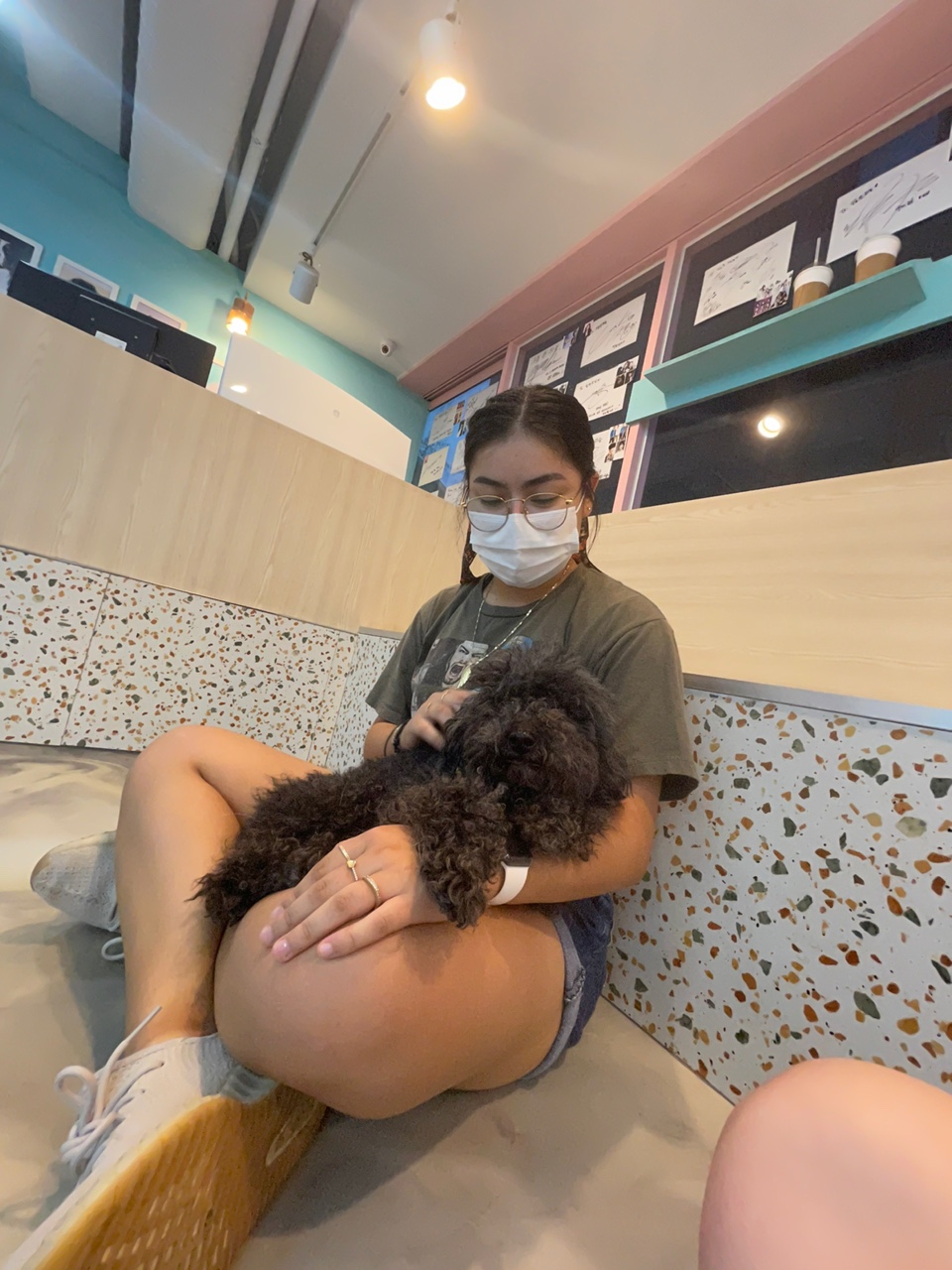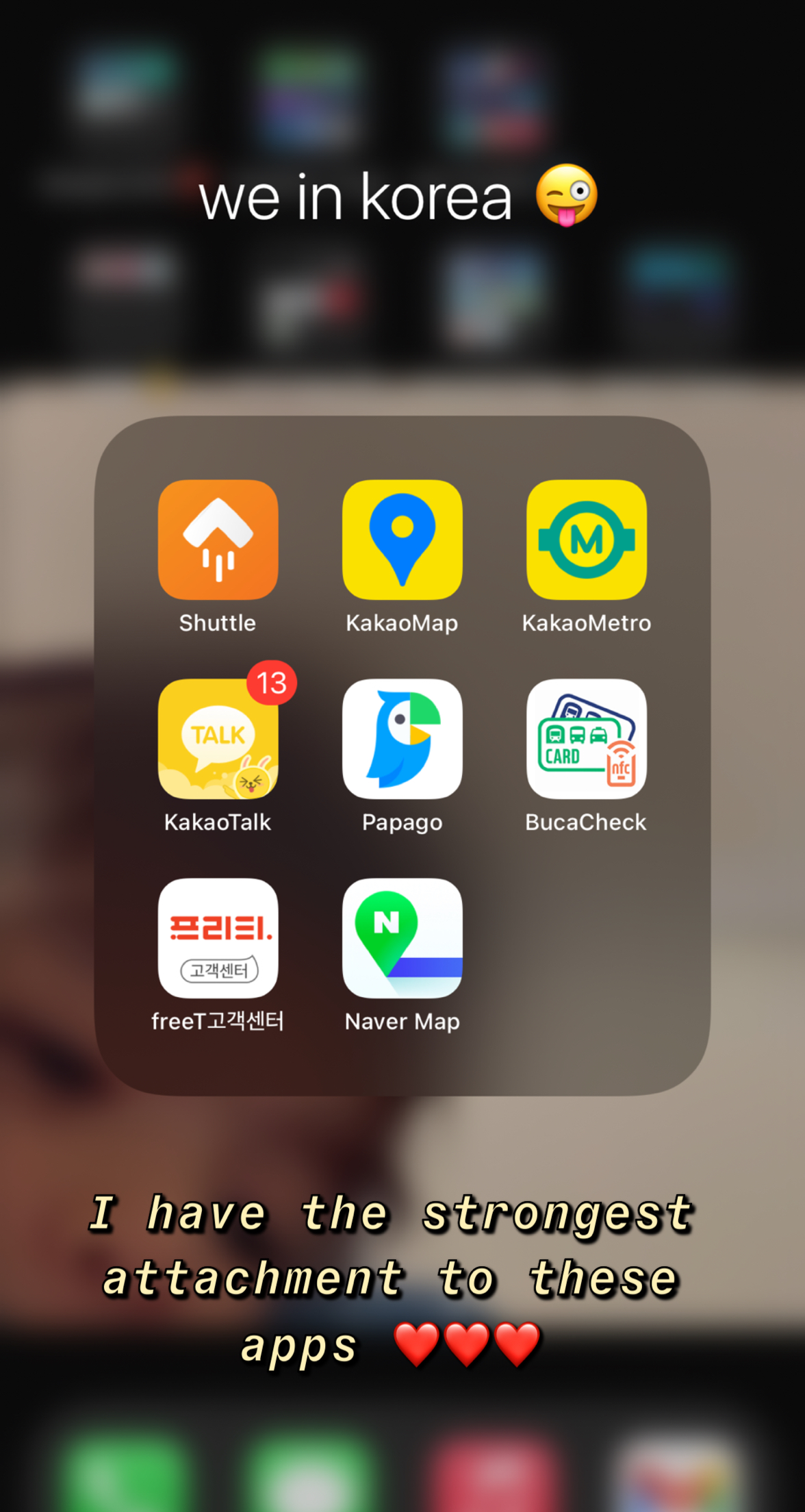
Suprising (Yet Cool) Korean Culture Shock Moments
After being in South Korea for almost two months, I have become accustomed to the daily Korean life: crowded bus rides after 6pm, Olive Young stores in every corner, and delicious food everywhere you look. As my program nears its end, I decided to reflect on the things that surprised me at first, but which I have now grown accustomed to. Although these were once “culture shock” moments, I can now look at them fondly.
1. Daiso and Olive Young stores everywhere: I was trying to think of the equivalent US store to a Daiso, but it is really difficult. Like a Walmart, everything is inexpensive and you will find everything you could possibly need. However, everything is so much cuter! And it is everywhere. Olive Young, similar to an Ulta or Sephora, carries all the makeup, skincare, and hair products you could possibly need. I am definitely going to miss the convenience of both stores when I leave.
2. Trustworthy transportation: As a Georgetown University student, I have lived in DC for the past 3 years, however, DC transportation does not compare to South Korean transportation. If you miss a bus in Korea, it is not a problem because another bus will likely pass within 15 minutes. In DC, if you miss a bus, you might as well start looking for another route because it might take 30 or more minutes for the next bus or subway to pass. And the convenience of South Korean apps like Naver help you find the quickest routes to any locations.
3. 24/7 convenience stores: I always wondered why most of the Korean dramas I watched included scenes at convenience stores, especially at night, but after living in South Korea for a couple of weeks, I understand why. Korean convenience stores are open around the clock and they are usually within walking distance, making it easy to buy a late-night snack or easy-to-make dinners. Often times when I was too lazy to buy groceries, I would just buy fruits or bread at convenience stores because it was inexpensive and so much easier than trying to find an E-mart (common grocery store).
4. Tattoo culture: This might have been the biggest shocker for me. As a BTS fan, I know a bit about tattoo culture in Korea because my favorite member, Jungkook, has numerous tattoos. However, he did not receive a warm reception; he always hid his tattoos or they were blurred out. The negative perception of tattoos may be due to Korea’s Confucianist background, but that is quickly changing. After living here for a couple of weeks, I realized tons of Koreans had tattoos. And they were not afraid to show them. I hope this change in thinking gets reflected in popular media as well so we can see more of Jungkook’s beautiful tattoos (haha)
5. Cafes everywhere: During my time here, I have gone to regular cafes, cat cafes, and dog cafes. But that does not even begin to describe the types of cafes you will encounter if you come to South Korea. So why the various cafes? I am not entirely sure, but I think the focus on studying/working in South Korean culture may play a role. At most (non-animal) cafes, I saw at least one person on a computer. It is also a convenient place to do group work, or simply to get out of one’s room since cafes are everywhere. Plus, who would not want to play with a dog as a type of stress reliever? I know I would.

